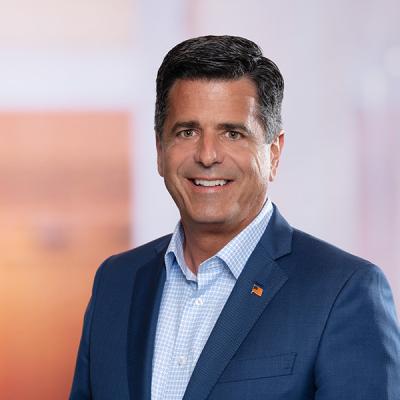Governor Baker Signs Opioid Bill
Today, Massachusetts Governor Charlie Baker signed a bill that offers long-awaited measures aimed at tackling the state’s growing opioid abuse crisis. After receiving House and Senate approval last week and spending seven weeks in conference committee negotiations, the bill will now become law. It includes restrictions on first-time opioid prescriptions, student and emergency room patient screenings, and a measure allowing partial-fill prescriptions.
Governor Baker has long prioritized opioid legislation, and had been pushing for an agreement before the legislature became overwhelmed with the budget this spring. The issue of opioid abuse is likely considered the number-one priority this year for the House, Senate and Governor’s office. While it is likely that every state in the U.S. has significant overdose cases and deaths, the perception, and perhaps the reality, is that Massachusetts has an abnormally high number of them. A recent HBO documentary that focused on heroin use on Cape Cod was heralded by the governor as a wake-up call to Massachusetts, and the desire and need to do something legislatively was clear. While the House and Senate took different approaches on some of the bill’s key provisions — like the number of hours that physicians can hold an overdose patient — there were no significant sticking points.
Seven-Day and Partial-fill Opioid Prescriptions
The bill would impose a seven-day limit on doctors’ prescriptions to first-time opioid users. Governor Baker had initially proposed a three-day limit, but the Massachusetts Medical Society and other groups successfully argued that doctors should have more freedom to prescribe medications to their patients as they saw fit.
Patients would also be able to partially fill their opioid prescriptions, asking pharmacists for fewer than the number of pills prescribed. Doctors would have to inform patients of this option.
Drug Stewardship
Pharmaceutical companies that manufacture opioids would be required to participate in a “drug stewardship” program to facilitate the disposal of unwanted opioids. Either individually or in groups labeled “stewardship organizations,” these companies would be tasked with creating a program to collect, secure, transport, and dispose of the drugs. The Department of Public Health would approve proposals for these programs and set the costs of participation. The bill lists drop-off day events, mail-back initiatives, or at-home disposal methods as acceptable options for drug takeback programs. Drug companies would be required to submit annual reports on their initiatives, and any company deemed noncompliant with the measure could be fined. This program has a sunset provision, expiring on December 31, 2021.
Arguably, the final language differs substantially from the stewardship program as proposed in the Senate’s version of the bill. The Senate proposed to specify that the costs of the program must relate to a manufacturer’s “total sales” and such assessments shall be based in part on the “total volume” of pills sold based on a per pill formula.
Other changes in the conference committee version include removing language that required the takeback programs to be accessible in all parts of the state, and that detailed what themes the public awareness campaigns must address.
The conference committee language states that the Department of Public Health may create an alternative method of complying with the stewardship program by participating in a program in concert with industry groups such as the Massachusetts Biotechnology Council. This new proposal allows for “contributions by manufacturers” to the Substance Abuse Services Fund, but does not specify how the contributions are to be calculated.
School and Hospital Screenings
Schools and emergency rooms would be affected by new screening requirements set forth in the legislation. Schools would have to screen students for signs of addiction or substance abuse, though students and parents could opt out of these sessions. One proposed screening method is called “Screening, Brief Intervention, and Referral to Treatment,” or SBIRT, though schools could also select an alternative program. The Department of Elementary and Secondary Education would choose two grades in which students would be screened.
Doctors would also have 24 hours to evaluate anyone who arrives at an acute care hospital with signs of an overdose, though this screening too is voluntary. This measure takes the place of Governor Baker’s controversial proposal to authorize hospitals to hold addicts against their will for 72 hours, in order to allow doctors to evaluate these patients and decide whether to seek longer commitments. This proposal received significant pushback from critics who raised civil liberties concerns and said there are not have enough treatment beds, so it was replaced with the 24-hour screening requirement.
Training for Medical Professionals
All medical school students would receive training in substance abuse disorders and alternative approaches to pain management — a measure building on medical and dental schools’ initiatives earlier this year to incorporate addiction education into their curricula.
Prescription Monitoring Program Database
The bill requires doctors to check the state’s prescription monitoring program database before writing a prescription for a Schedule 2 or Schedule 3 narcotic. They would also have to speak with patients about the danger of opioid abuse. Patients could also note in their electronic health records that they do not want to receive any opioids.
Authors

Julie Cox
Steven A. Baddour
ML Strategies - Executive Vice President & Director of Operations
Daniel J. Connelly
ML Strategies - Senior Vice President and Compliance Officer



